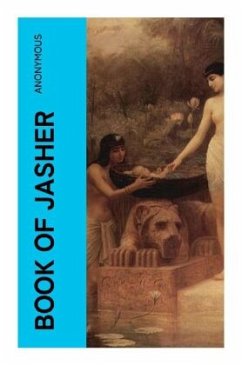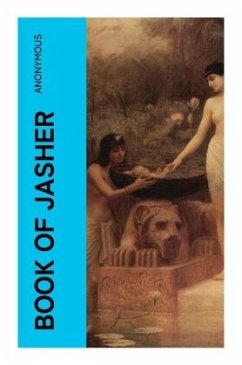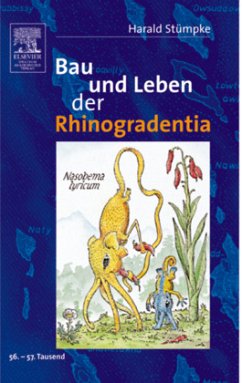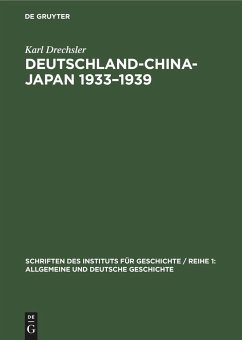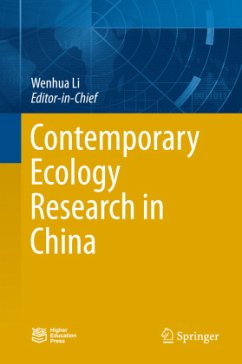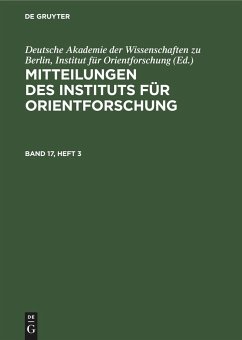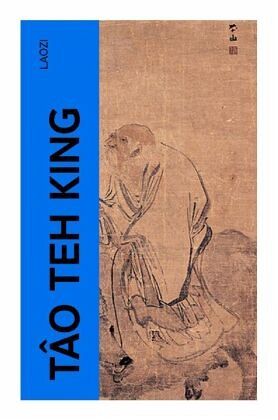
Tâo Teh King
Versandkostenfrei!
Versandfertig in 6-10 Tagen
10,00 €
inkl. MwSt.

PAYBACK Punkte
0 °P sammeln!
The "Tâo Teh King," attributed to the ancient Chinese sage Laozi, serves as a foundational text of Daoism, weaving profound philosophical insights with poetic elegance. Comprising succinct aphorisms, the work explores the intrinsic nature of the Dao (the Way) and Teh (virtue), advocating a life of simplicity, harmony, and balance. Its literary style is both mystical and pragmatic, inviting readers to introspection while challenging conventional societal norms. Within its verses, the book navigates themes of natural order, humility, and the power of non-action, creating a timeless reflection o...
The "Tâo Teh King," attributed to the ancient Chinese sage Laozi, serves as a foundational text of Daoism, weaving profound philosophical insights with poetic elegance. Comprising succinct aphorisms, the work explores the intrinsic nature of the Dao (the Way) and Teh (virtue), advocating a life of simplicity, harmony, and balance. Its literary style is both mystical and pragmatic, inviting readers to introspection while challenging conventional societal norms. Within its verses, the book navigates themes of natural order, humility, and the power of non-action, creating a timeless reflection on the human condition and the universe's interconnectedness. Laozi, often regarded as the archetypal Daoist thinker, is shrouded in mystery, with little known about his life apart from his philosophical legacy. His ideas, emerging in a period of social upheaval in ancient China, resonate with a search for peace amidst chaos. His unique perspective juxtaposes the rigid Confucian doctrines of his time, suggesting that understanding and following the natural rhythms of life leads to a more profound existence. "Tâo Teh King" is not just a work to be read; it is an invitation to embody its teachings. It appeals to seekers of wisdom, practitioners of spirituality, or anyone grappling with the complexities of modern life. With its timeless principles, this text continues to inspire those yearning for a deeper connection with themselves and the world around them.



